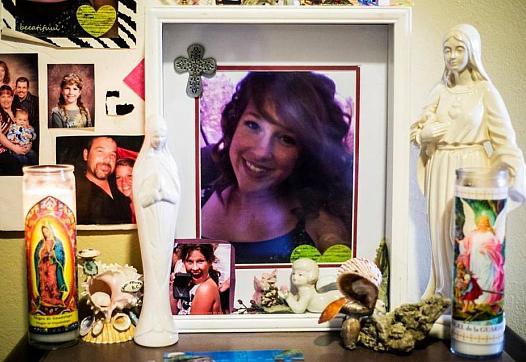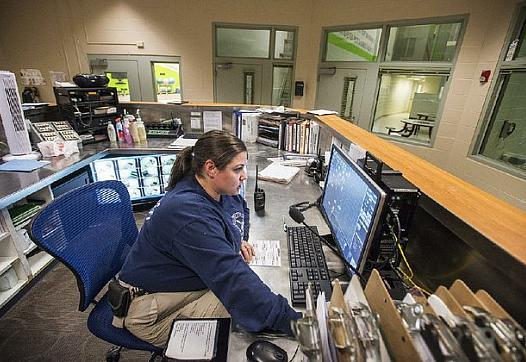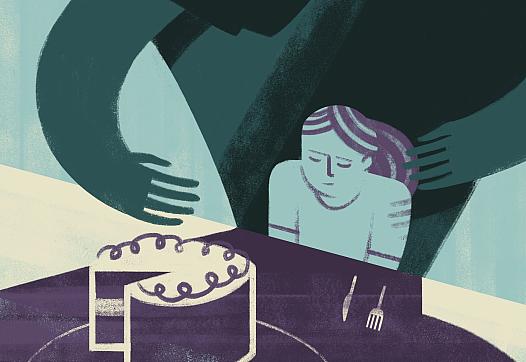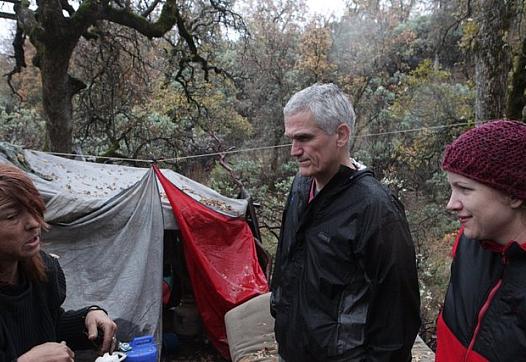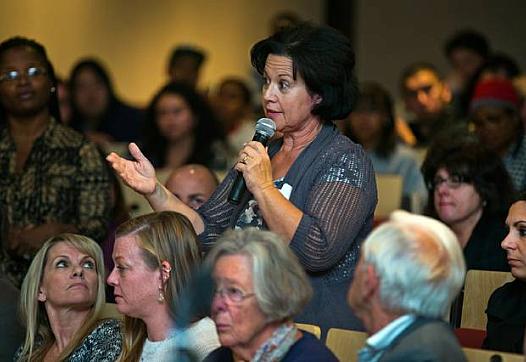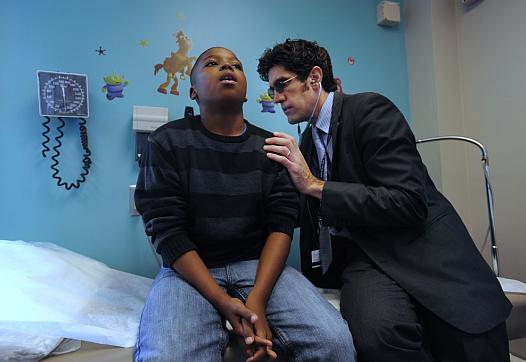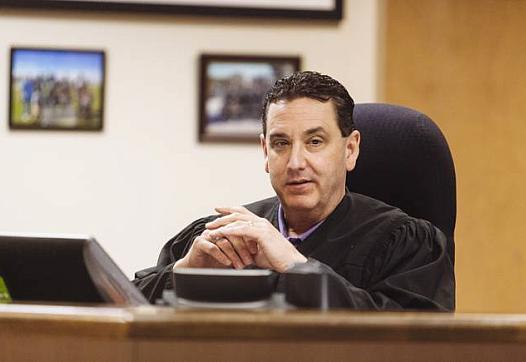
My fellowship project was prompted by a question I’d been wondering about: Might mindfulness be a “prescription” for our health care system? I have heard from countless people who told me how meditating had changed their life. So why is it not more commonly recommended by providers?


